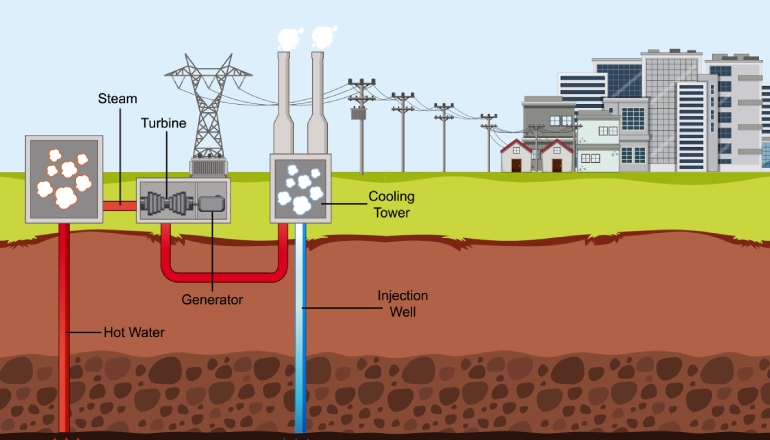The Bureau of Indian Standards (BIS) has rolled out standards and tests for EV charging infrastructure, and requirements for battery swapping systems.
As of January 23, 2023, India had 5,254 public electric vehicle (EV) charging stations, to cater to 20.65 lakh EVs. The India Energy Storage Alliance (IESA) in its 3rd edition of the 2022 India Electric Vehicle Charging Infrastructure & Battery Swapping Market Overview Report pegged the growth of the Indian EV charger market at a CAGR of 46.5 percent between 2022 and 2030. The report predicted annual sales of 0.9 million units by 2030, with almost 85 percent of those projected to be type-2 AC chargers.
EV charger market represents public, captive, and private (e-4W) charge points deployed in the country. The report takes into account all types of chargers of 3.3kW and above ratings.
Meanwhile, the new standards comprise 10 parts that define the charging modes, communication protocols, electrical safety, and performance test requirements for EV charging systems.
In sync with the global mandates, the standards are aimed to provide uniformity and compatibility for EV charging infrastructure globally, and ensure that EV charging systems are safe, reliable, and interoperable with vehicles and charging network providers, the BIS said. Besides, the standards are a part of the overall Green Standards.
These include rules for raw materials for construction (like fly ash, construction, and demolition waste, cement, and fly ash bricks), waste disposal (plastic waste recycling), agriculture (organic farming), renewable energy (wind turbines, energy-efficient motors, and solar PV modules), the BIS said.










